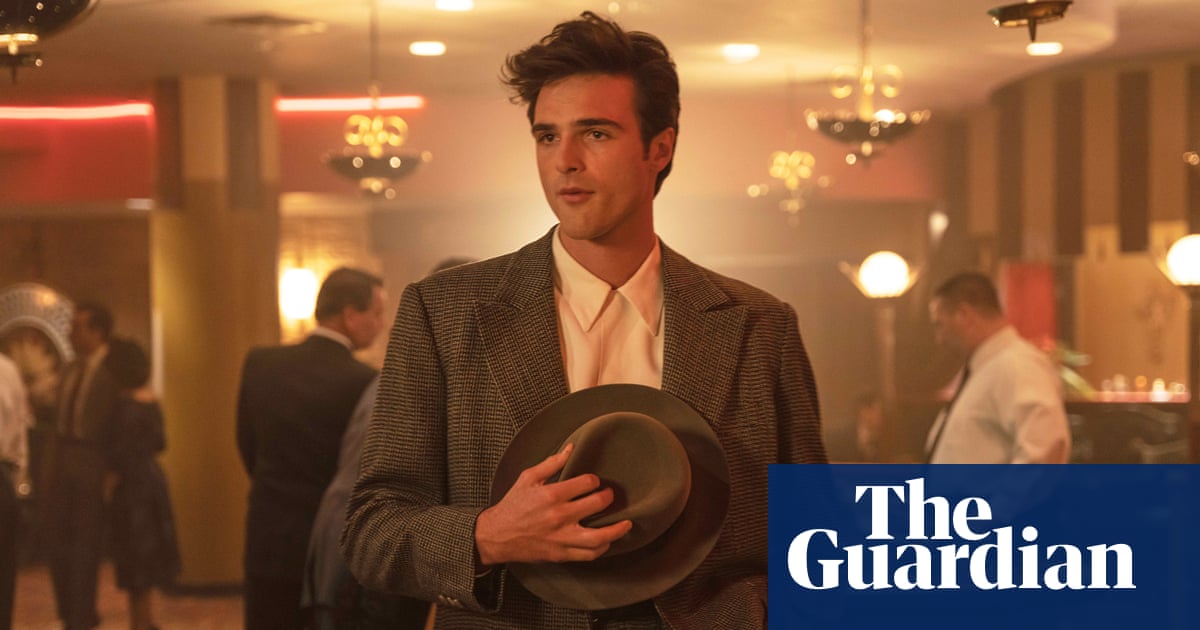In 1995, two British playwrights made their debuts with all-male, six-character chamber-pieces strongly influenced by Pinter and Mamet, and set over one long, tense night in London. Jez Butterworth’s Mojo and Patrick Marber’s Dealer’s Choice proved to be superficially dazzling calling cards rather than enduring classics. Now a pallid 30th-anniversary revival of the latter reveals its weaknesses.
Set in a restaurant where the manager Stephen (the Paul Bettany-esque Daniel Lapaine) and his employees Frankie (Alfie Allen), Sweeney (Theo Barklem-Biggs) and Mugsy (Hammed Animashaun) are gearing up for a late-night card game, the play brims with bants.
Mentions of the National Lottery, which was only a few months old when the play premiered, hint at an incoming gambling epidemic. There are even period-correct beer labels, though credulity is stretched when someone repeatedly gets phone reception in a basement.
It is when the writing veers away from jokes and jibes that the play sags irredeemably. Two-thirds of the characters have no inner life, and half are prone to sudden outbursts which resemble artificial attempts to raise the stakes. That almost succeeds when Stephen discovers that his son Carl (Kasper Hilton-Hille) has been gambling with Ash (Brendan Coyle), a rival patriarch, and reacts like a spurned lover. But the absence of peril and gravitas in Matthew Dunster’s staging, and in his conception of character, is total. Ash is defeated rather than dangerous. Carl, a slot-machine addict, is about as troubled as Doogie Howser MD. The card games are fatally boring.

There are compensations. In Moi Tran’s design, the restaurant is dominated by a pebbledash wall the colour of dried blood, which hints at the premises’ butcher-shop origins. A spectacular piece of engineering makes us feel as if we are descending into the basement for the second act.
This is eclipsed by the most special effect of all: Animashaun, an exuberantly geezerish geyser of charm, toweringly tall and quarterback-shouldered but with a dancer’s grace. It is fitting in a play about competitive masculinity that a single performer should emerge victorious, but the contest isn’t even close: this is practically a one-man show. “You’ve lost the plot,” someone tells Mugsy. “I am the plot,” he snaps back. Hear, hear.
-
At Donmar Warehouse, London, until 7 June

 5 hours ago
5
5 hours ago
5













































